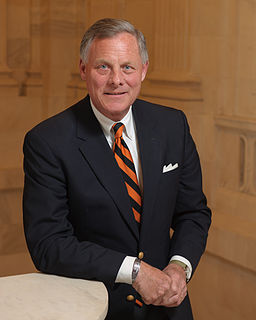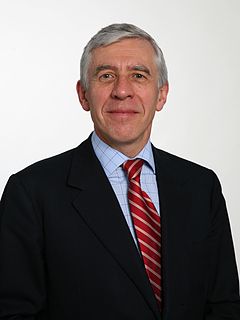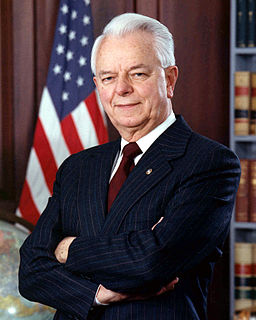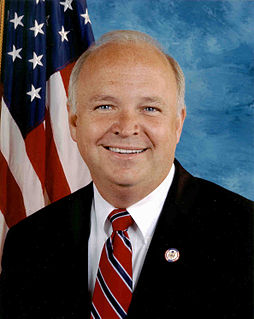A Quote by Barton Gellman
In the urgent aftermath of Sept. 11, 2001, with more attacks thought to be imminent, analysts wanted to use 'contact chaining' techniques to build what the NSA describes as network graphs of people who represented potential threats.
Related Quotes
Outside events can change a presidential campaign, a president, and the history of the nation: the Iranian hostage crisis, the bombing of the Marine barracks in Beirut, the downing of the helicopter in Mogadishu, Somalia, the suicide attack on the USS Cole, and, of course, the terrorist attacks of Sept. 11, 2001.

































